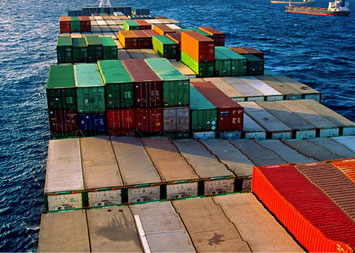New ICC analysis examines the economic implications of proposals to establish a trade system limited to democratic nations, finding such plans would trigger a tariff shock three times larger than the Smoot-Hawley Tariff Act of 1930 that significantly impacted global trade by raising US import duties on a wide range of goods.

What’s being proposed?
Recent proposals call for democratic nations to form an exclusive trading bloc. Our analysis, which assumes 25% tariffs on all non-qualifying countries, examines the scope and scale of this change.
What does the analysis show?
- Scale of change: Would affect 4.3% of US GDP – compared to 1.4% under the Smoot-Hawley Tariff Act
- Tariff implications: Would increase average tariff on US dutiable imports from 7.4% to 21.8%, representing a rise of 14.4 percentage points, compared to 5.4 points during Smoot-Hawley
- Trade coverage: Would directly impact 93 countries accounting for US$1.2 trillion in US imports
Why should businesses be concerned?
- Supply chain implications: Critical materials and manufacturing inputs would face steep new barriers
- Inflation risk: Higher tariffs on 38% of US imports would drive up prices, particularly for essential goods
- Retaliation threat: US exports to affected countries, currently over US$650 billion in goods or one third of all US exports, would be vulnerable to countermeasures











